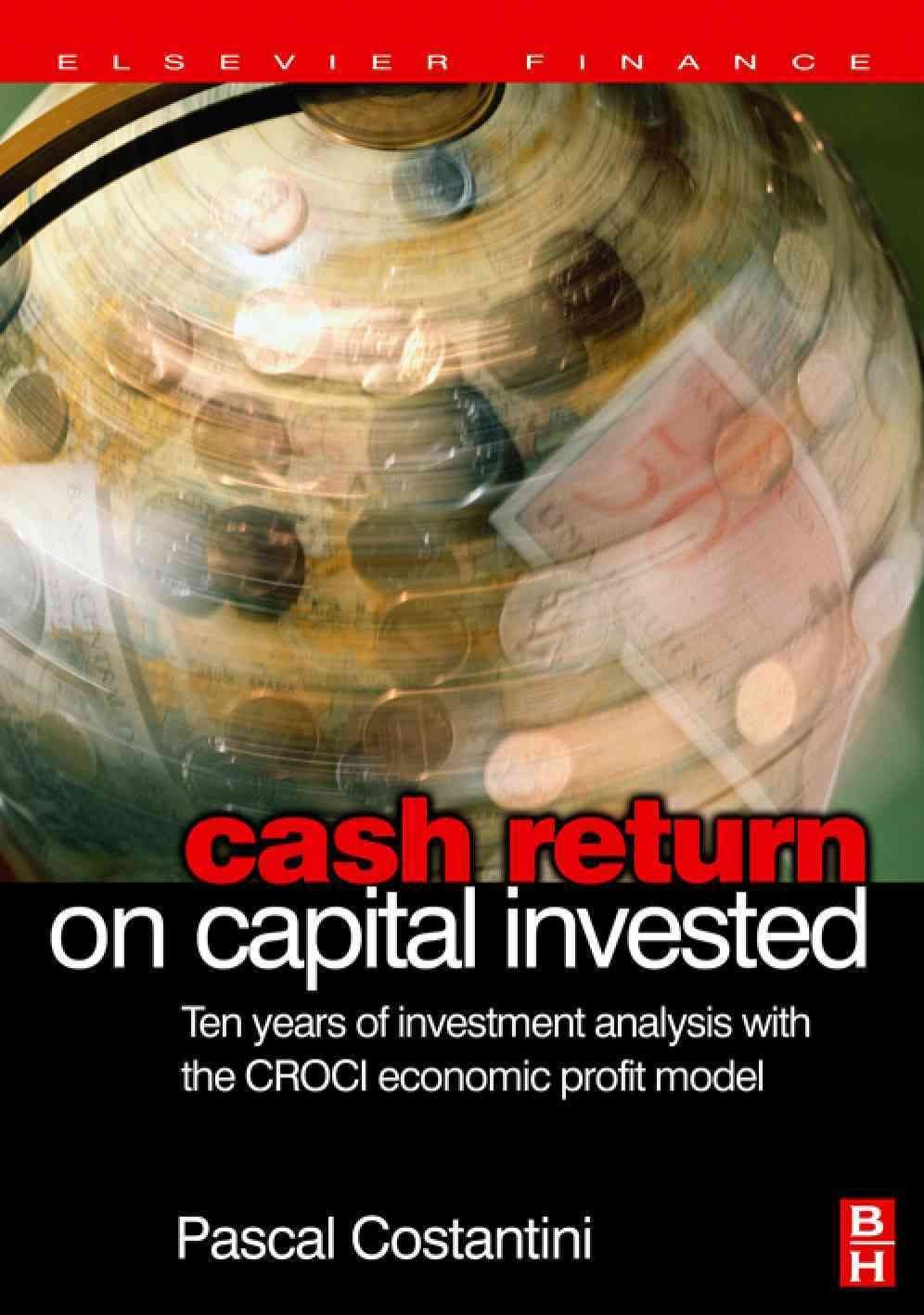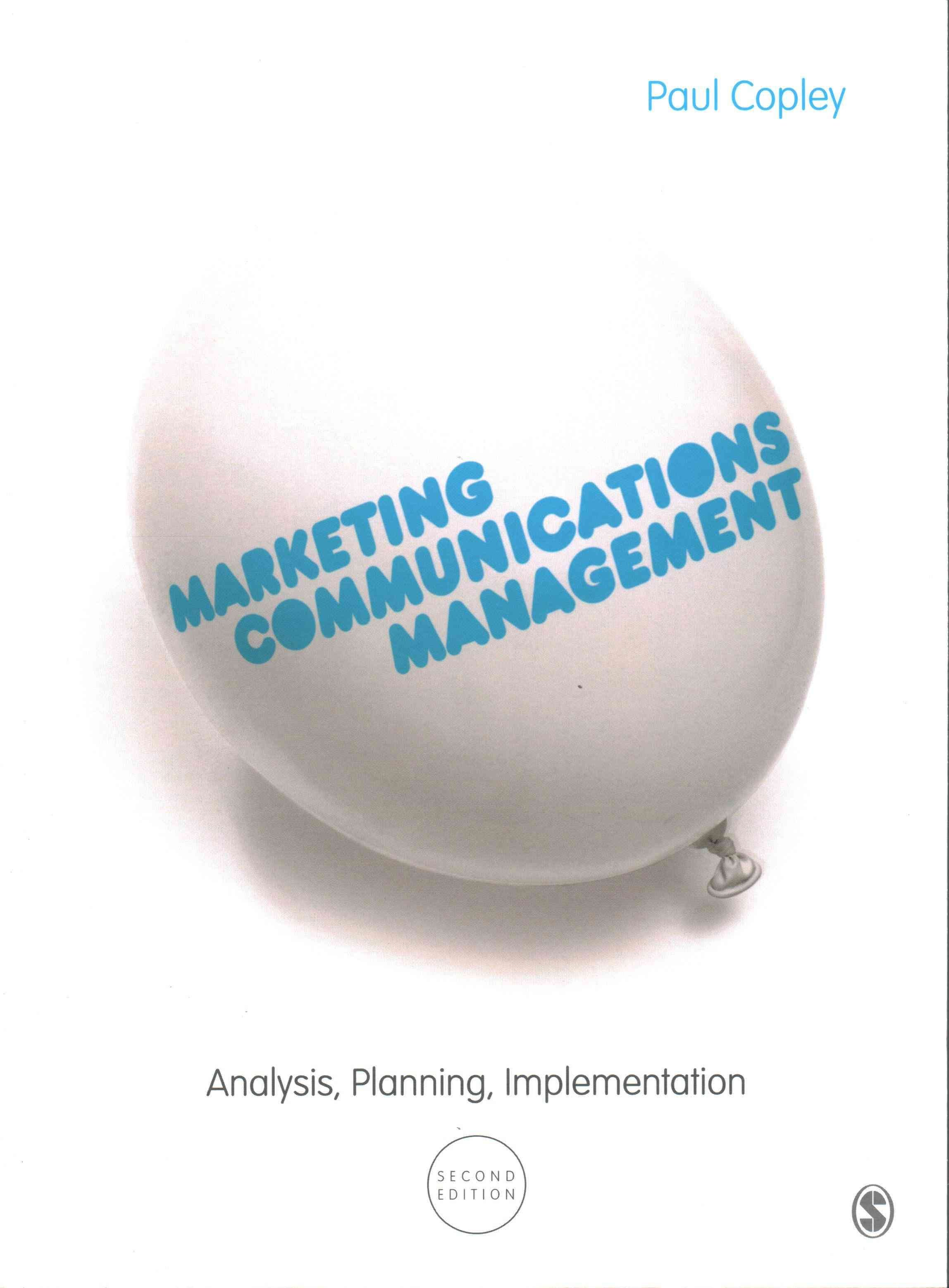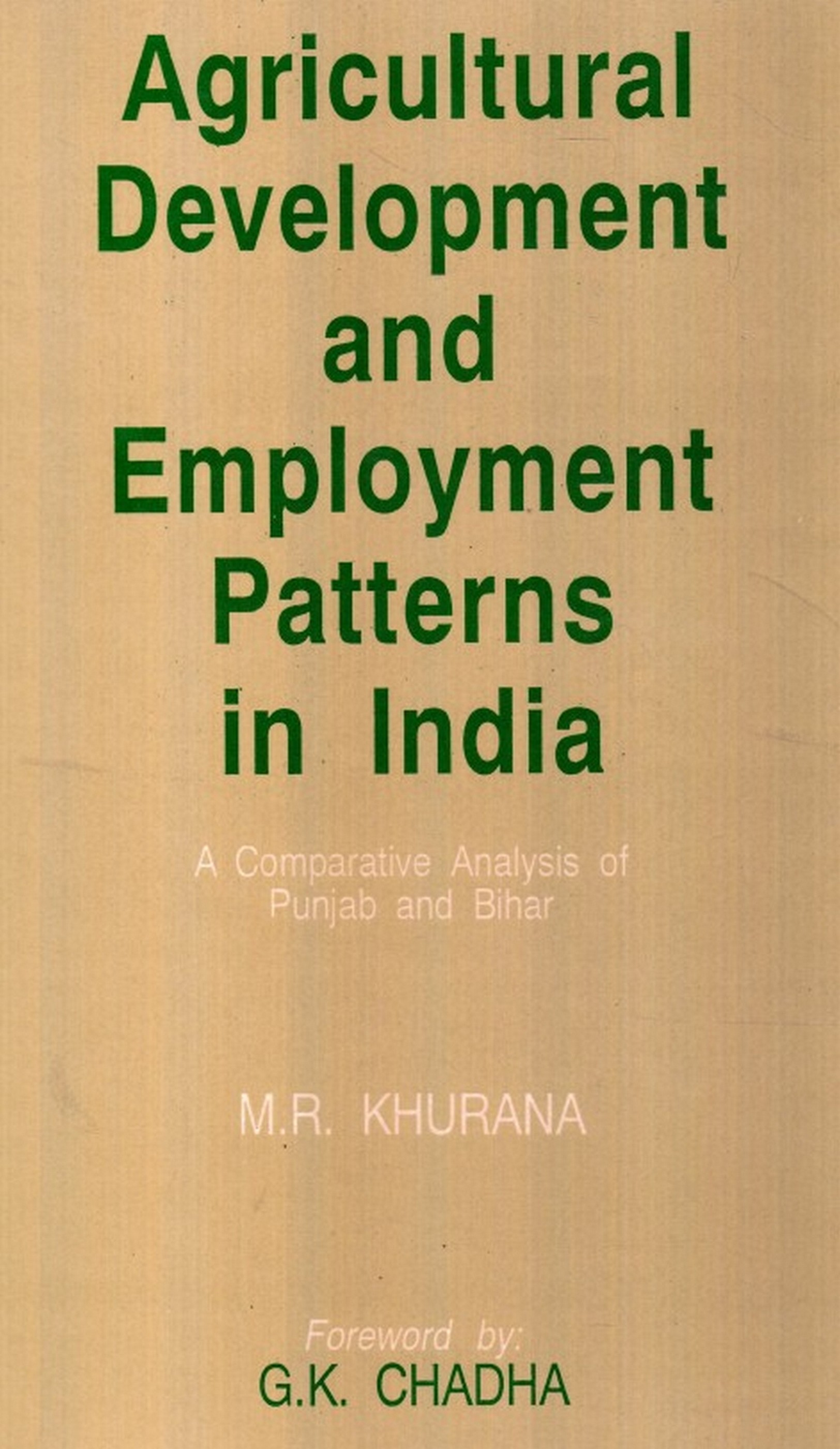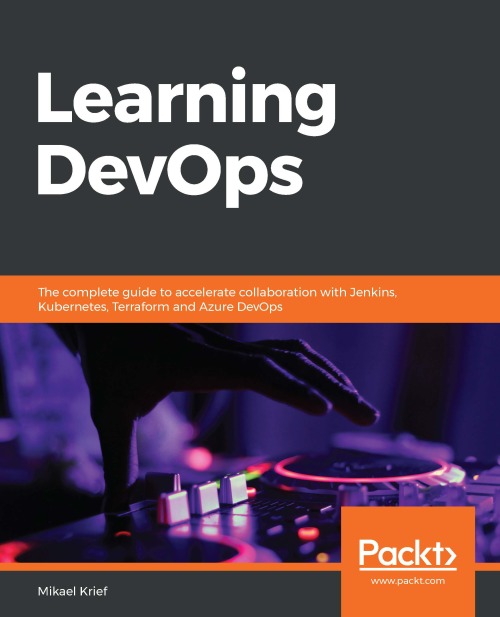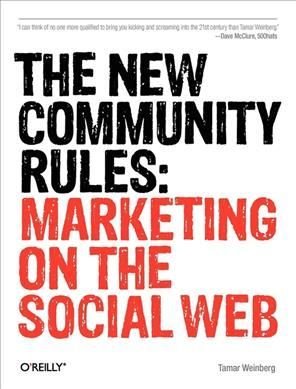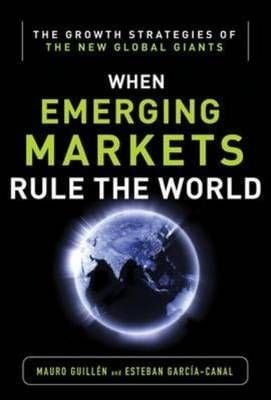In this book, Pascal Costantini gives a lively and wonderfully readable account of ten years of efforts by a small group of investment analysts to find a reliable, practical and implementable method for valuing and selecting shares. The result of their effort is an original investment methodology called CROCI (Cash Return on Capital Invested), best described as a variation of the economic profit model. For over a decade now, Costantinis group at Deutsche Bank has been using this valuation tool every time it has had to take a view on the pricing of an equity asset, be it a market, a sector or an individual sharein other words, every single working day, since it is this groups job to advise institutional investors on equity valuation. Costantini describes in detail, accompanied by concrete examples in the form of charts and graphs, the precise investment results of the actual implementation of the CROCI approach in the global equity markets since 1996. Readers will enjoy taking this journey with Costantini to see how and why the model was developed, assess the results of ten years of actual implementation and measure the successes of using this model in stock picking and portfolio construction. This book will also make it easy for them to see how the CROCI approach can be used successfully by others now and in the future. The book is divided into four parts. The first part is a review and discussion of the fundamentals of investment analysis. The second part is dedicated to the construction of economic data, with the sole objective of calculating an economically meaningful asset multiple and relative return, the combination of which gives an economic PE ratio, the authors main stock selection tool. While the economic profit model is not exactly new, it is still largely ignored by the investment community. In essence, it does three things: it calculates the real amount of cash, or value created by a business; it compares the market value of an asset to an approxima …
